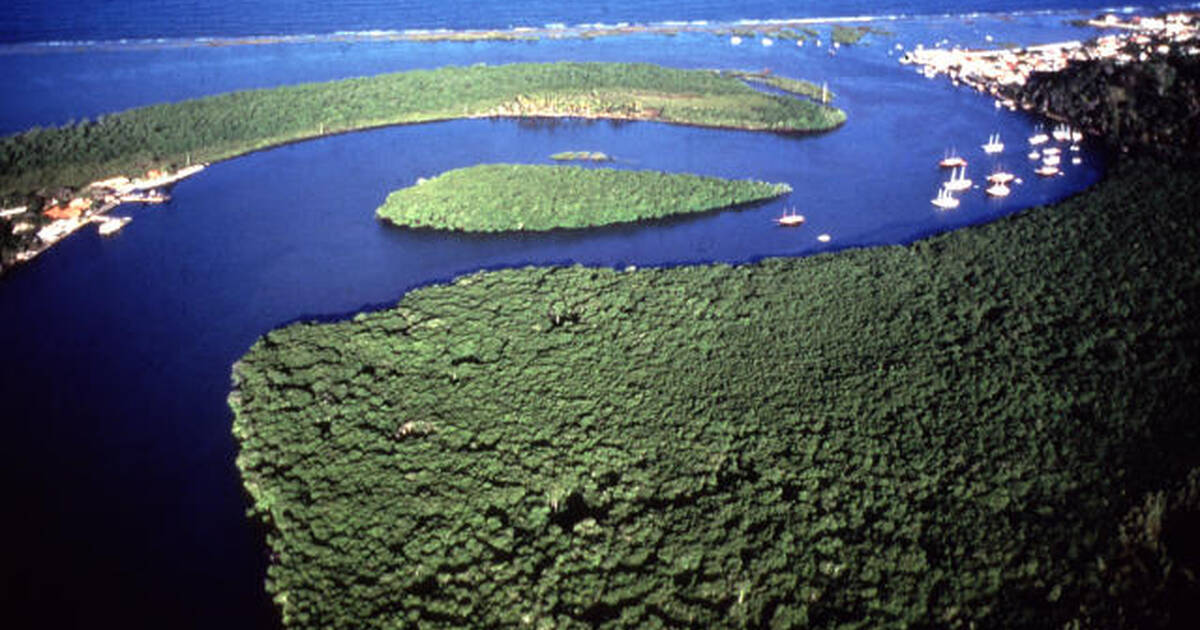Atlantic trade has played a pivotal role in shaping the development of coastal nations. This expansive network connected continents, facilitating the exchange of goods, cultures, and ideas. Early coastal settlements grew rapidly as merchants and sailors took advantage of new routes. Consequently, these areas became hubs for economic activity and cultural interactions. Furthermore, trade contributed to shifts in social structures and the rise of powerful port cities. By examining recent studies, it becomes clear how trade influenced not only wealth but also political dynamics. This historical perspective allows us to understand the foundation of many modern coastal societies today.
Atlantic Trade Sparks Economic Growth Along the Coast
The impact of trade routes on coastal economies cannot be overstated. Over centuries, these routes enabled a consistent flow of commodities such as sugar, tobacco, and textiles. Port cities evolved into bustling centers for commerce, attracting diverse populations and investment. Moreover, infrastructure such as docks, warehouses, and marketplaces expanded to support increasing trade volumes. This economic activity encouraged innovation in shipping techniques and navigation. As a result, employment opportunities in maritime industries surged, fostering a new working class. The influx of wealth also prompted competition among coastal nations to control lucrative trade routes and resources, thereby shaping regional power balances.
The Role of Atlantic Trade in Cultural Exchange and Society
Trade along the Atlantic coastlines acted as a channel for cultural diffusion. Different peoples—indigenous groups, settlers, and traders—interacted frequently, exchanging customs, beliefs, and technologies. This cultural blending gave rise to distinct social identities unique to coastal regions. Furthermore, artistic expressions, culinary traditions, and languages often reflect these intertwined histories. Importantly, such interactions influenced societal organization and governance. Coastal nations developed adaptive strategies to manage diversity and maintain stability. Overall, the trade network created a dynamic environment where cultures continuously evolved and influenced each other.
In summary, Atlantic trade catalyzed profound economic and social transformations in coastal nations. The establishment of trade routes led to urban growth, technological advancements, and cultural blending. These elements collectively contributed to the emergence of vibrant, diverse societies. Continued research into this subject offers valuable lessons about globalization’s early stages and the interconnectedness of human history.
